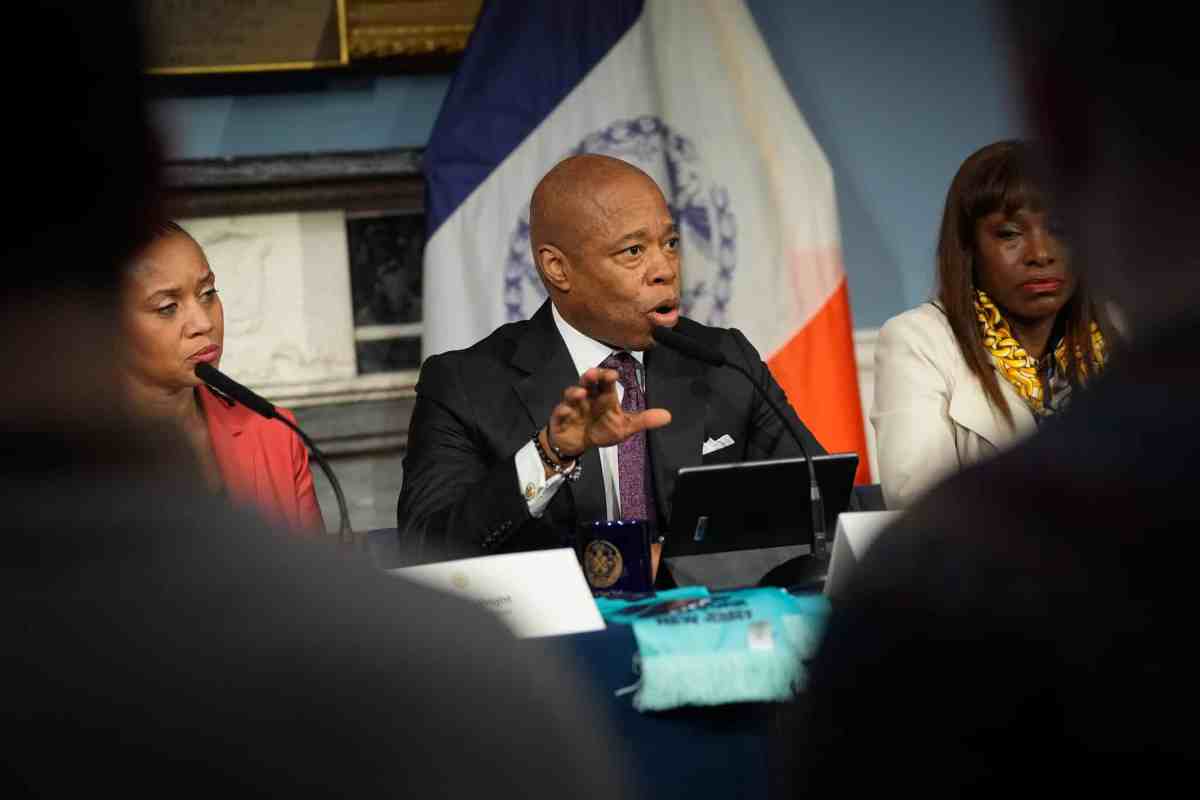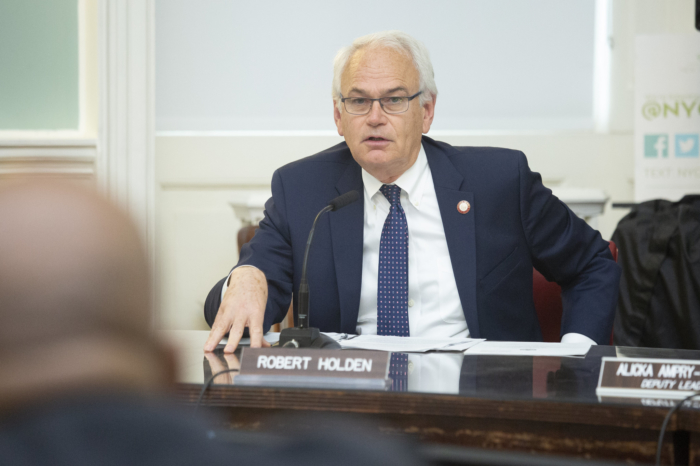By William Lewis
Florida has just proven to be a key state in the presidential race. Mitt Romney has established himself as a lead contender for the Republican nomination. Newt Gingrich, after doing well in the South Carolina primary, could not maintain his momentum. Gingrich is a good public speaker and knows the issues well, but it was not enough.
In Florida, it was Romney who was the main aggressive candidate, attacking Gingrich’s political background in Congress and his business dealings after being forced to resign from Congress. Romney did well in the debates by continually putting Gingrich on the defensive.
In various ways, the all-important Florida primary this year can be compared to the same primary four years ago in 2008, when former Mayor Rudy Giuliani ran for president in that primary. He and his staff had decided to make a major effort there after practically abandoning the New Hampshire primary.
Like Gingrich, in 2008 Giuliani had been doing well in the polls and for a while was one of the leading candidates. Once the general Republican voting population became aware of Giuliani’s entire background, however, they became less enthusiastic about Giuliani’s presidential candidacy.
After all the campaign efforts of the Giuliani organization were put into Florida, the final results were that Giuliani received only 15 percent of the vote, while John McCain won the primary. This poor showing in the 2008 Florida primary ended Giuliani’s presidential ambitions.
The results of the recent 2012 Florida primary has not ended Gingrich’s presidential bid, but it did diminish his chances.
As we look at the Romney campaign, the obvious reasons for his decisive victory are that he had a stronger campaign organization on the ground than Gingrich did and, what was even more important, Romney outspent his rival by a margin of 5-1.
In addition, Romney led in most of the population centers and among most groups of voters except the conservative voters in rural areas.
One aspect to the campaign which has received little attention from the news media is the role of Romney’s wife Ann, who has recently been interviewed on several television programs and on Election Night introduced her husband when he gave his victory statement.
She makes a good impression. She is a good public speaker, has a knowledge of the issues and seems to have a lot of self-confidence. A significant number of voters believe that the position of first lady is an important part of the presidency. More people are coming to the conclusion that Ann Romney would make an excellent first lady.
The Republican women’s vote in Florida went heavily to Romney by a margin of 51 percent to 29 percent. Although economic issues were dominant, especially in regards to employment, nevertheless the women’s pro-Romney vote showed that family values do count as an important matter.
The issue of family values helped Romney in Florida, as it no doubt will in other places.
It can be said that if the primary and caucus competition can be decided soon in terms of who will be the Republican nominee, it will benefit the Republican Party. If these primaries continue on into the late spring, however, President Barack Obama will benefit from a fractured Republican Party.
Speaking of a fractured party, on Feb. 7 Rick Santorum won the Colorado and Minnesota caucuses and the Missouri primary, while Romney won the Maine caucus Feb. 11. The next primaries will be Feb. 28 in Arizona and Michigan.































